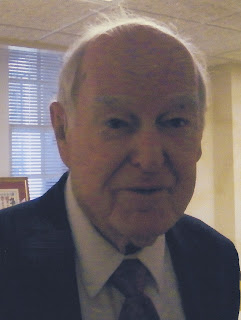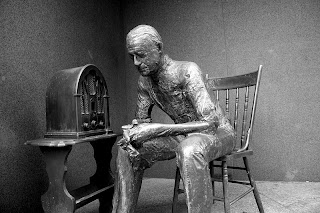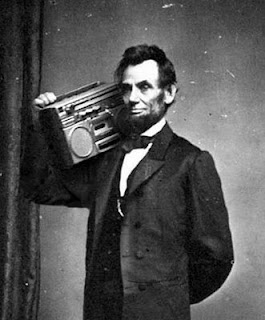English
Standard Version (©2001)
Love
bears all things, believes all things, hopes all things, endures all
things.
New
International Version (©1984)
[Love]
always protects, always trusts, always hopes, always perseveres.
The
Message
[Love]
Always looks for the best,/ Never looks back,/
But
keeps going to the end.
[Love]
rejoices in the happiness and virtue of others, and will not believe
the contrary except on irrefragable evidence. (Barnes' Notes on the
Bible: http://bible.cc/1_corinthians/13-7.htm).
One
of the most insidious underminers of the concept of love is when love
is equated with credulity in its most abject and ridiculous
form--when irrefragable evidence standing tall as a 10 foot fact must
be ignored due to wildly unlimited "love" demands. One
should not underestimate the pressures that can arise when a loved
one asks "Whose side are you on anyway?" The answer must
always be that I'm on your side; but this cannot mean I am thereby
obligated to throw out all shreds of responsibility, discernment, and
honesty--that I must in the end abandon all traces of intelligence.
Manipulative people often tend to engage others on a guilt
trip--especially when it is known that the others aver love--even
Christian love. The manipulators well know that their mark takes
love seriously--even of utmost and final importance and view it in
ethical terms. The first and favorite charge thrown at their mark is
"you're a hypocrite....(if you don't see and do things precisely
my way)." Such attempted manipulation of those who love is a
cheap and easy stratagem to gain the upper hand and with it complete
control at the total expense of those manipulated and of truth
itself.
Those
who love must out of principle resist such blackmail. They must do
this not only to retain self-respect, but also out of a sense of
obligation to maintain the integrity of the concept of love and the
standards of human interaction.
Print Page






.jpg)














